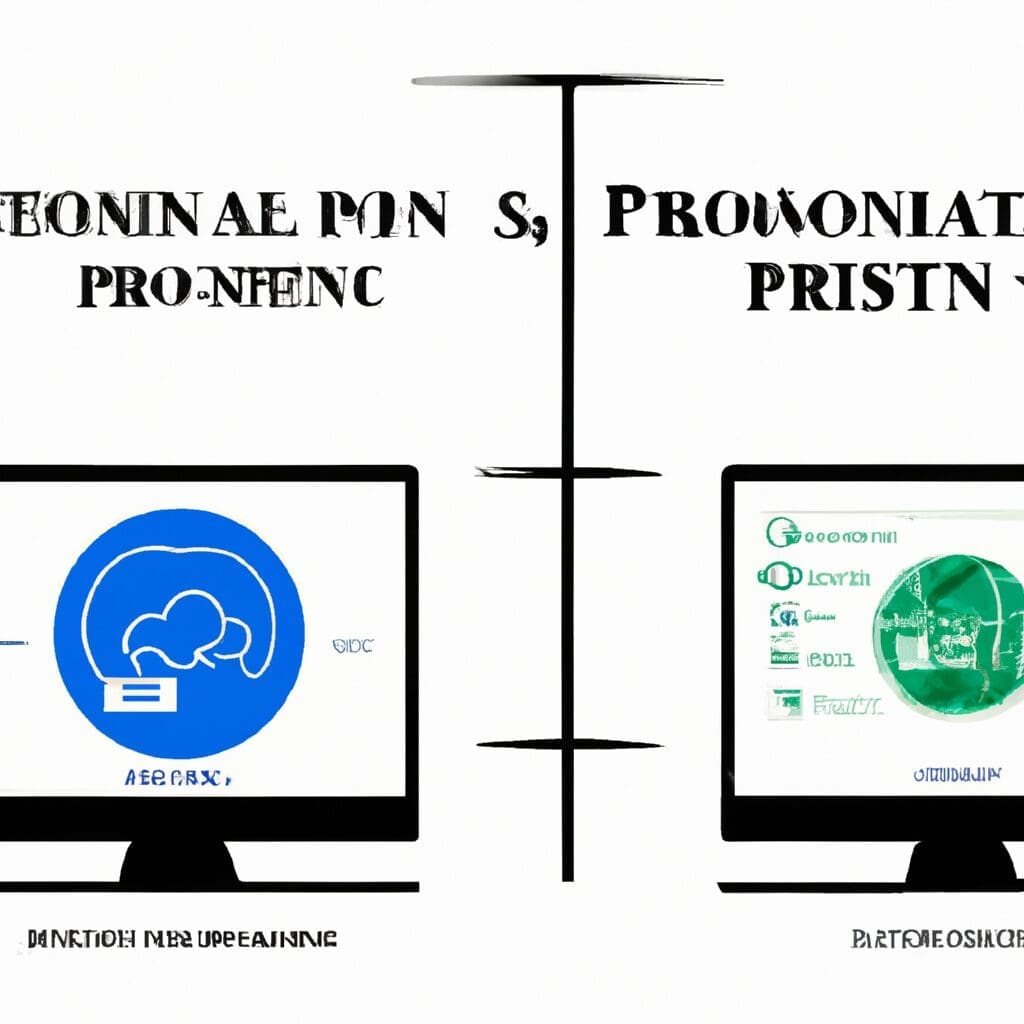In recent discussions surrounding Pakistan’s internet woes, the government has pointed fingers at Virtual Private Networks (VPNs) as a significant factor contributing to the country’s slow internet speeds. This statement reflects an ongoing challenge as the nation prepares for a 5G rollout amidst existing internet infrastructure issues.
The government claims that the increasing use of VPNs for accessing blocked content is not merely a privacy tool but also a burden on data bandwidth, creating traffic congestion that impacts overall speeds. According to local tech experts, VPN traffic can lead to a slowdown, especially during peak usage hours, hindering not just individual users but businesses that rely on stable connections.
For instance, a tech startup in Karachi, leveraging VPN to access global markets, reported up to a 50% lag during operational hours. Such delays can be detrimental, making it crucial for the government to understand the implications of both internet policies and the usage of VPN technologies.
Furthermore, while plans for 5G implementation are on the table, experts warn that without addressing the underlying issues – including bandwidth management and infrastructure upgrades – simply introducing a faster network may not resolve current frustrations.
Ultimately, the conversation about VPNs and internet speed highlights a critical balance between regulation and user freedom. As the government navigates this multifaceted issue, it will be essential to craft solutions that not only improve internet speeds but also protect digital freedoms.
